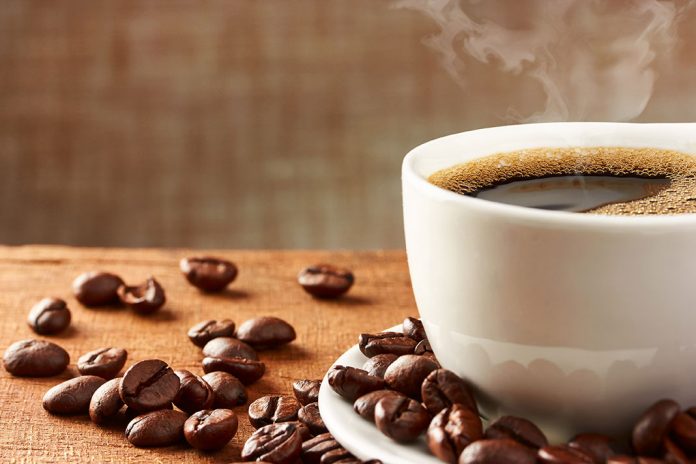Irritable bowel syndrome (IBS) is a chronic disorder of the large intestines. IBS symptoms, which can vary in intensity over a person’s life, including constipation, diarrhea, cramping, and bloating. Although there is no single cause, factors may include stress, inflammation or changes in gut bacteria. While there is no cure for IBS, most doctors recommend taking medication and diet modifications to manage symptoms. Here are the most common trigger foods to avoid for IBS sufferers:
1. High FODMAP foods
FODMAP foods, including garlic, onions, baked beans, and rye, contain sugars that are difficult for the small intestine to absorb. Foods that are high in these sugars can cause bloating and discomfort even in people who don’t have IBS. As such, individuals with IBS typically experience reduced symptoms when they cut out these foods, which is known as a low FODMAP diet.
2. Raw veggies
Raw vegetables can be difficult to digest, especially for those with IBS, because they contain a high volume of insoluble fiber. This makes them more difficult for your intestines to break down into smaller units, leading to indigestion and bloating.
3. Chocolate
Unfortunately, chocolate is one of the greatest triggers for IBS symptoms for many patients. Not only is it high in sugar and caffeine, but it also tends to be high in fat. Many with IBS experience constipation or gas after eating even small amounts.
4. Alcohol
Alcoholic beverages can also cause symptoms like cramping and bloating in individuals with IBS. They often cause irritation to a person’s gut lining and may increase inflammation. Typically, the greater the alcohol content, the greater the irritation.
5. Caffeine
The consumption of too many caffeinated drinks is known to increase stomach acidity. Not only can this lead to painful acid reflux and heartburn, but it can also increase symptoms of IBS. Individuals with IBS should swap caffeinated beverages for herbal teas or decaffeinated coffee to reduce symptoms.
6. Fructose or sorbitol
Fructose is frequently correlated with increases in symptoms for individuals with IBS. This is because fructose is difficult for the body to absorb and break down, leading to bloating and gas. One of the most common treatments for IBS is a low-fructose diet, in addition to eliminating other trigger foods.
7. Carbonated drinks
Carbonated drinks contain carbon dioxide gas, which can cause the expansion of gas within the stomach. Even for individuals without IBS, this can lead to a variety of symptoms, including belching and gas. For individuals with IBS, this gas can amplify any number of symptoms. Those with IBS should therefore consider drinking more mild beverages, like chilled herbal tea or still water.
Even if the foods consumed are healthy, large meals can still cause symptoms of IBS like bloating, cramping and discomfort. Because the body has so much food to process, it is difficult to keep up. This can result in indigestion or diarrhea. Eating smaller, more frequent meals reduces symptoms and makes foods easier to digest.



